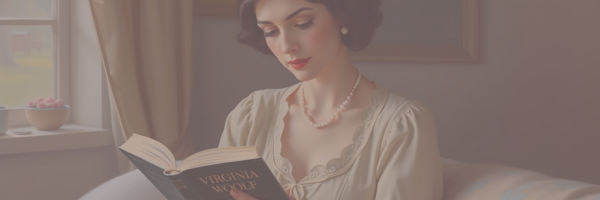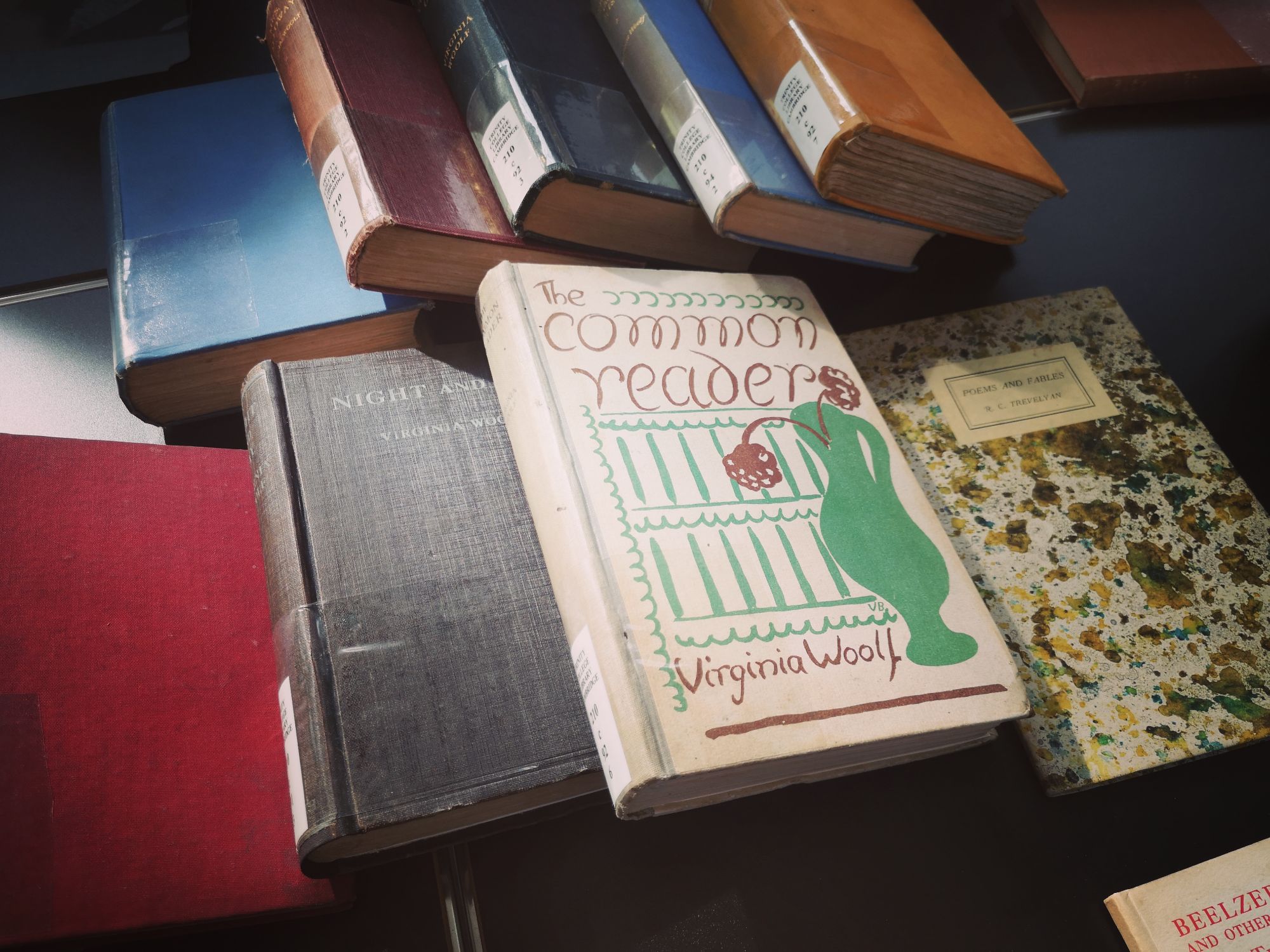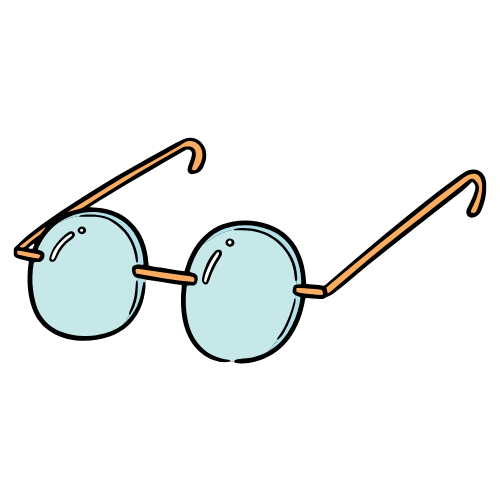“Last year was so wonderful and left so many memorable impressions!” I say when asked why I’m back in Cambridge for the Literature Cambridge Virginia Woolf Summer Course. Because indeed I am. This is my second year in a row being live in Cambridge for 5 days of celebrating the writing of the endlessly rereadable Virginia Woolf. Last year we talked about women in Woolf’s writing and this year we are talking about childhood, a topic intimately connected with memory, its unreliability and its malleability.
And because it’s already a tradition to watch a Shakespeare play while in Cambridge, this year I chose The Merry Wives of Windsor. Wrapped up in all the Woolf reading I was supposed to do (and still didn’t finish) I didn’t really get around to reading the play before watching it. Luckily there is no shortage of online Shakespeare resources. Together with my friends who live in Cambridge, I sat down on a blanket in the gardens of St. John’s college fully informed about the play I was about to see. Yet prepared was I not.
first three days of the virginia woolf summer course with Literature Cambridge
It’s barely the middle of the Virginia Woolf week in Cambridge and yet I feel I have enough material to think about for the rest of the year. Similarly to last year, we have a Woolf work a day to think and talk about for some hours, with additional Woolf-related activities to fill the rest of the time. The theme of the course was childhood in five of Woolf works and the Literature Cambridge lecturers each brought their own interpretation in the three lectures I’ve attended so far.
Ellie Mitchell started the week off on Monday with a comment on the nature of memory in Woolf’s unfinished memoir A Sketch of the Past. It was Jacob’s Room on Tuesday, with Karina Jakubowicz offering an interpretation of Jacob’s childhood, spent in nature, oblivious of the world of adults. The middle of the week was marked by Angela Harris and her psychoanalytical lecture on To the Lighthouse and Mrs. Ramsay’s damaging mother role. I was very naive thinking that the lectures would purely focus on Woolf’s biographical details or on the children in her novels. What I got instead was a meditation on the theme of fictionalization of memory, of nature as a harsh mother, of a mother whose good intentions might just be a path to hell for her children.
And that’s barely half of it. We spent the afternoons buying books at Waterstones, visiting the 17th century library at Trinity college and attending Vita & Virginia, the play which brings the two famous lovers together on the stage, speaking to each other in letters. And the best thing about all of this is that nothing takes place in a vaccum. It’s always people talking to people about people. And this year we have again a very international group of people with rich life experience to bear upon Woolf’s works and bring them to life out in the world.
The Merry Wives of Windsor at the cambridge shakespeare festival
The best thing about the Cambridge Shakespeare Festival is its unpredictability. It’s open-air theatre, so you could buy an online ticket in advance, but the play might end up being postponed, interrupted or canceled because of the rain. The audience comes prepared with picnic blankets, rain jackets and bottles of wine, but also with an adventurous spirit, for who knows what the moody English weather might have in store. But the weather-appeasing method the organizers use never seems to fail. “Thou shalt not rain!” yells a furious and passionate audience, holding a closed fist up to the sky.
The Merry Wives of Windsor is a rather neglected Shakespeare play. The critics look down upon it, but the audiences do seem to love it. The plot primarily focuses on Sir John Falstaff’s attempts to woo two married women, Mistress Ford and Mistress Page, in order to gain access to their husbands’ wealth. Falstaff sends identical love letters to both women, but they quickly discover his scheme and decide to teach him a lesson. In parallel to the main plot, the dynamics of marriage are also being explored. The Fords have a rather tumultuous marriage, for Sir Ford can’t keep his jealousy in check, while the Pages are blissfully happy and focus on marrying off their daughter, Anne, to a man of their choosing.
I can’t say this is my favourite Shakespeare. As I see it, the play is a light satire of middle-class morals. The story takes place in Windsor, a small town of the Elizabethan era, where everyone knows everyone, while everyone is supposed to act as if they don’t know what their neighbours are plotting. It has a lot to do with hiding behind the facade of morality, acting as if one is protecting one’s marriage and wealth, while social dynamics dictate the lives of each single individual in the community. The community priest and doctor, who are supposed to uphold moral standards, involve themselves in marrying Anne Page off for money, while the men of the village support Sir Ford in his jealousy and his demeaning treatment of Mistress Ford. Sure, it’s supposed to be a comedy, but there’s no shortage of dark undertones.
Or at least that’s the objective side of it. For the director of Cambridge Shakespeare Festival made sure to add his own interpretation of the play. There is a certain amount of improvisation and spontaneity going on in certain moments of the play, especially when interacting with the audience. The actress playing Mistress Page embodied her role very well as a married woman in love with her husband, while having her eyes open for any good-looking man crossing her path, making no exception for members of the audience. The jealous Sir Ford didn’t shy away from looking for the supposed lover of his wife among the audience members. These moments caused even more laughter and, I’m sure, made a memorable evening for the lucky audience member who attracted the attention of Mistress Page.
If I will be back next year you ask? Let’s just put it this way. I still haven’t managed to see A Midsummer Night’s Dream and the theme for the 2025 summer school has already been announced – Writing Life. Can there be something more wonderful?
Well… maybe just one of these three things…
Virginia Woolf’s 1941 letter to her husband
The Wren Library at Trinity open for visitors every day
Loads of second-hand books










your thoughts?